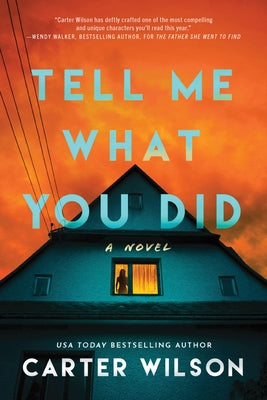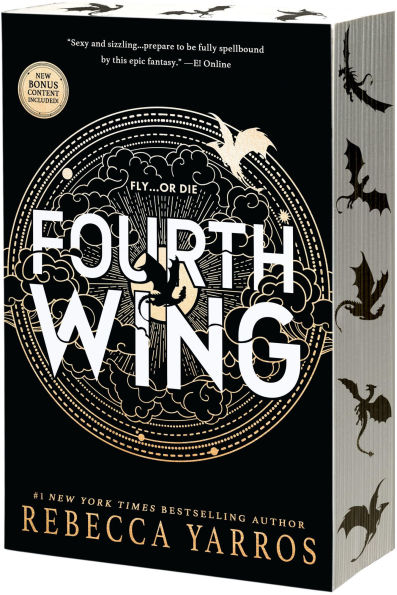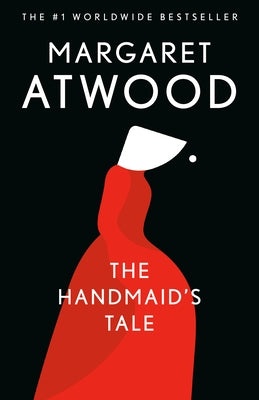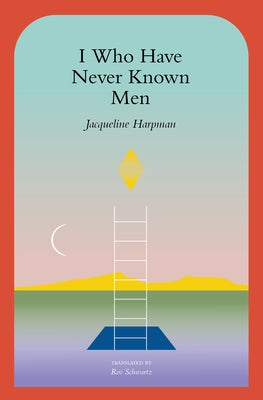Al Pacino's "Sonny Boy": A Memoir Like No Other

Al Pacino's "Sonny Boy": A Memoir Like No Other
In "Sonny Boy," one of Hollywood's most iconic actors, Al Pacino, gives readers a rare and astonishing glimpse into his life and creative journey. Known for his explosive performances in legendary films such as The Godfather, Serpico, and Dog Day Afternoon, Pacino’s memoir digs deeper than his public persona to reveal a lifetime shaped by both adversity and passion for the craft of acting.
A Life Before the Spotlight
Before he became the superstar who redefined acting in the 1970s, Pacino had already lived a turbulent life. Raised in the tough streets of the South Bronx, Pacino's early years were marked by the struggles of growing up with a mentally unwell mother and an absent father. As a young boy, he found solace in a group of friends and later in the world of theater—a discovery that would change his life forever.
His bohemian existence in New York’s avant-garde theater scene was a time of creativity and survival. He worked odd jobs, living in near poverty, just to support his passion. It was his natural talent, spotted early by a high school teacher, that propelled him toward the High School of Performing Arts in New York, a turning point that laid the groundwork for his career.
An Icon’s Rise to Stardom
Pacino’s rise to fame was meteoric. His first major breakthrough came with The Panic in Needle Park in 1971, followed by his legendary roles in The Godfather series and Serpico, all by the mid-70s. These roles didn’t just make him a star—they defined a generation of filmmaking and catapulted him into the ranks of Hollywood legends like Marlon Brando and James Dean.
But while the world saw a man who had "arrived," Pacino shares in his memoir that it was acting itself, not the fame, that became his lifeline through all stages of his life—rich or poor, joyful or painful.
Creativity vs. Commerce: The Struggles of an Artist
In Sonny Boy, Pacino explores the delicate balance between creativity and commerce, particularly at the highest levels of the film industry. With honesty and reflection, he recounts the joys and struggles of navigating a career that demanded both artistic integrity and the pressures of commercial success.
But more than anything, the memoir focuses on Pacino’s deep love for his craft—an unwavering passion that began long before the accolades came and persisted even when the lights dimmed. It’s a powerful reminder of the beauty of falling in love with an art form for its own sake, a love that shaped his life in immeasurable ways.
An Actor’s True Legacy
At its heart, Sonny Boy is not just a story about fame and success but about what it truly means to be dedicated to something larger than yourself. Pacino’s memoir is a love letter to acting and an inspiring testament to the power of following one’s passion no matter where it leads. It’s a must-read for anyone curious about the inner workings of a creative genius and the personal trials that forged one of the greatest actors in cinema history.
Look for "Sonny Boy" at White Rain Book House and dive into the life and legacy of Al Pacino—an actor who has nothing left to hide, but everything left to share.








